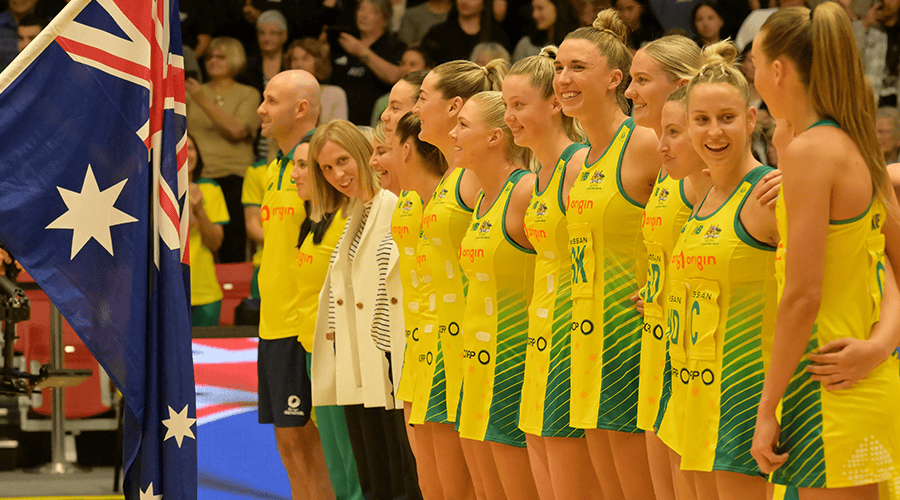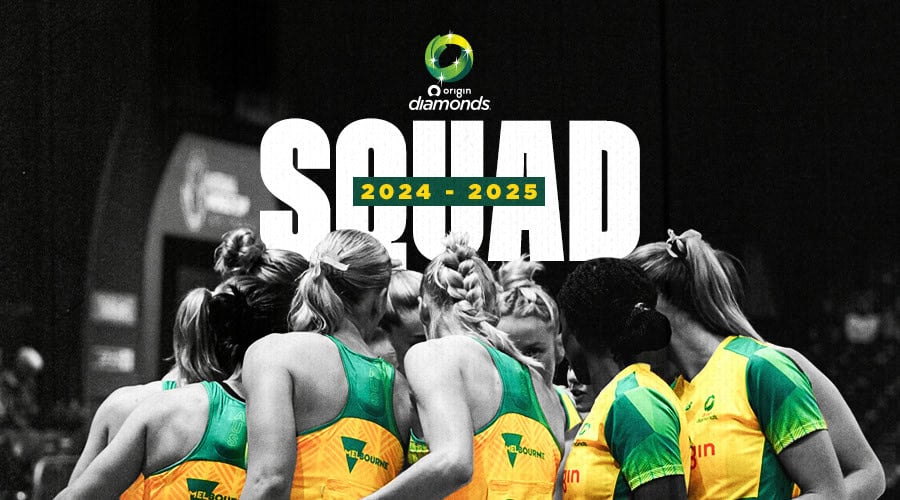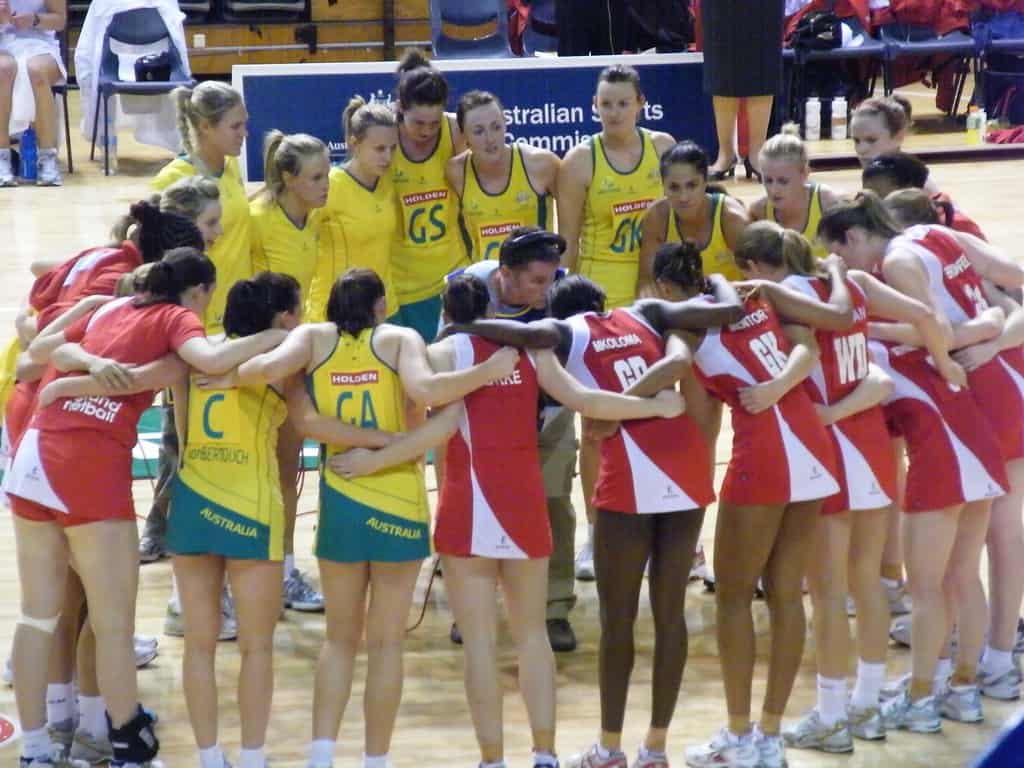In a world marked by division and discord, there exists a powerful force that unifies communities and fosters connections among individuals. Netball, a sport that originated in the late 19th century, has evolved into a prominent community sport that transcends boundaries of age, gender, and culture.
Its inclusive nature has enabled individuals from diverse backgrounds to come together on the court, forming a collective bond that extends beyond the game itself. Through its empowering effect on women, netball has emerged as a catalyst for social change, challenging traditional gender roles and providing a platform for female athletes to thrive.
Moreover, netball’s global impact is evident in the stories of unity and connection that have emerged from different corners of the world. This article explores the ways in which netball brings communities together, highlighting its ability to bridge gaps, break down barriers, and foster a sense of belonging among its participants.
The Evolution of Netball as a Community Sport
The evolution of netball as a community sport can be traced through its development from a primarily women’s game in the early 20th century to its current status as a popular sport that brings together diverse communities.
Initially, netball was played with nine players per team and had strict rules regarding movement and passing. Over time, the rules evolved to allow for a faster and more dynamic game, making it more appealing to a wider audience.
Additionally, the sport has seen a significant increase in grassroots participation, with local clubs and leagues forming in communities around the world. This has further contributed to the growth and inclusivity of netball, as it provides opportunities for individuals of all ages and abilities to engage in the sport and foster a sense of belonging within their respective communities.
Breaking Down Barriers: Netball’s Inclusive Nature
Breaking down barriers, netball’s inclusive nature creates a welcoming environment that fosters social cohesion, connecting individuals from diverse backgrounds.
Netball promotes gender equality by offering equal opportunities for both males and females to participate in the sport. It challenges traditional gender roles by encouraging men to engage in a predominantly female-dominated sport, and vice versa.
Additionally, netball celebrates cultural diversity by providing a platform for individuals from different ethnic backgrounds to come together and share their experiences. Through this sport, people can learn about different cultures, traditions, and values, fostering understanding and respect.
Netball tournaments and leagues often embrace cultural diversity by incorporating cultural performances and celebrations into their events.
Ultimately, netball’s inclusive nature not only promotes physical activity and teamwork but also acts as a catalyst for social integration and community cohesion.
Empowering Women through Netball
Empowering women through netball, this sport offers a platform for female athletes to showcase their skills and abilities, fostering a sense of confidence and self-worth. Netball provides a space where women can challenge societal norms and break free from gender stereotypes.
By participating in the sport, women gain a sense of empowerment and assertiveness, enabling them to navigate through various domains of life with increased confidence. Netball also promotes gender equality by providing equal opportunities for women to engage in competitive sports.
The sport encourages women to challenge traditional gender roles and expectations, demonstrating that they are capable of excelling in physical activities traditionally associated with men. Through netball, women are not only able to develop their physical abilities but also assert their rights for equality and representation in the larger society.
Netball as a Tool for Social Change
Netball serves as a catalyst for social change in multiple ways. Firstly, it challenges societal norms and promotes gender equality through its inclusive and empowering nature. The sport has the power to bring communities together and foster community development. Netball encourages social integration by providing a platform for individuals from diverse backgrounds to come together and interact. It breaks down barriers and creates a sense of belonging, promoting social cohesion and unity.
Additionally, netball plays a crucial role in promoting gender equality. Through the sport, women are empowered to challenge traditional gender roles and stereotypes. Netball provides opportunities for women to develop leadership skills, build confidence, and assert their rights both on and off the court. By embracing diversity and championing gender equality, netball serves as a powerful tool for social change.
The Global Impact of Netball: Stories of Unity and Connection
The global reach of netball can be seen through the stories of individuals from diverse backgrounds finding unity and connection through the sport, exemplifying the adage that ‘a shared passion knows no boundaries.’
Netball has facilitated global partnerships and cultural exchange, serving as a platform for people from different countries to come together and share their love for the sport.
One example of this is the Netball World Cup, where teams from various nations compete against each other, fostering a sense of camaraderie and mutual understanding.
Additionally, netball has become a tool for cultural exchange, allowing players to learn about different traditions, languages, and customs. Through this exchange, participants develop a deeper appreciation for diversity and build lifelong connections with individuals from around the world.
The global impact of netball goes beyond the game itself, promoting unity and fostering a sense of global community.
Frequently Asked Questions
What are the basic rules and regulations of netball?
Netball rules and regulations govern the game’s structure and play. The game is played by two teams of seven players, who score by shooting the ball into the opponent’s net. Players have specific positions and must adhere to rules regarding contact, footwork, and passing.
How can someone get involved in their local netball community?
Community engagement in local netball communities can be achieved through various means. One way is by participating in the sport as a player or coach. Additionally, individuals can seek volunteer opportunities within their local netball organizations to further contribute to the community.
Are there any specific health benefits associated with playing netball?
Playing netball has various health benefits. It promotes physical fitness by improving cardiovascular endurance, strength, and agility. Additionally, it enhances mental well-being by reducing stress levels, boosting mood, and fostering social connections through team participation.
How has netball contributed to the empowerment of women in leadership roles?
Empowerment through representation in netball has allowed women to break gender stereotypes and assume leadership roles. It has provided a platform for women to showcase their abilities, challenge societal norms, and inspire others to follow suit.
Can you provide examples of specific social change initiatives that have been implemented through netball?
Social change initiatives implemented through netball include social inclusion programs that aim to provide access to the sport for underprivileged communities, and youth development programs that foster skills such as teamwork, leadership, and resilience.
Conclusion
In conclusion, netball has proven to be a powerful force in bringing communities together and promoting social change. Its inclusive nature and empowerment of women have made it a unifying sport worldwide.
Netball’s global impact is evident in stories of unity and connection, showcasing its ability to transcend boundaries and foster a sense of belonging. One statistic that highlights its significance is that netball is played by over 20 million people in more than 70 countries, underscoring its widespread popularity and influence.






